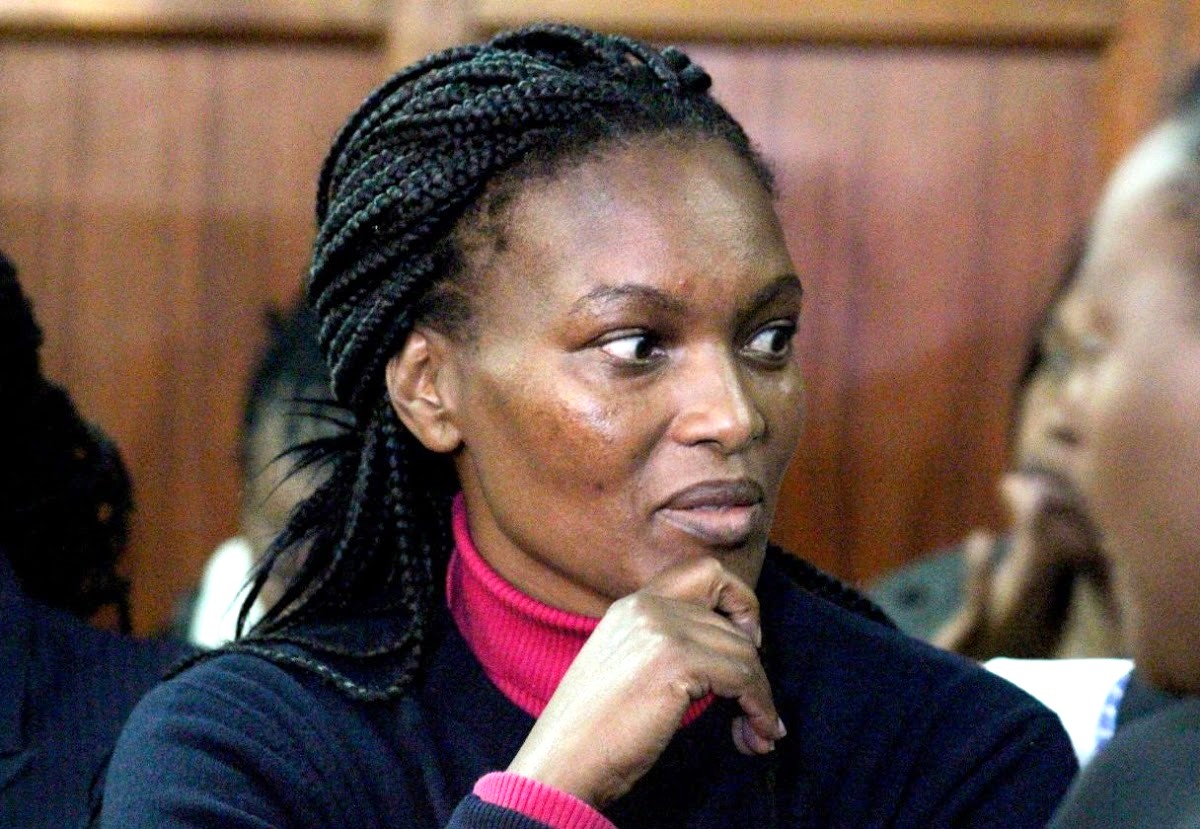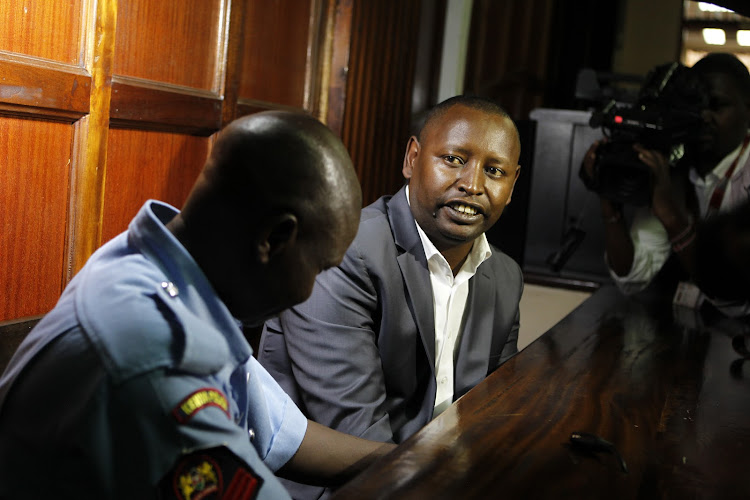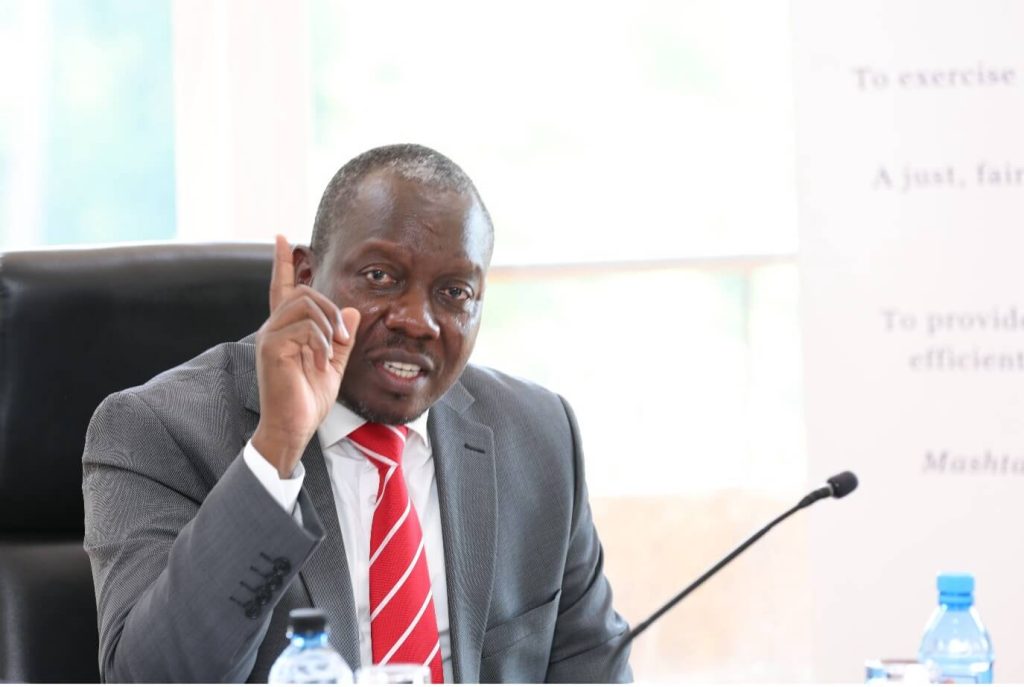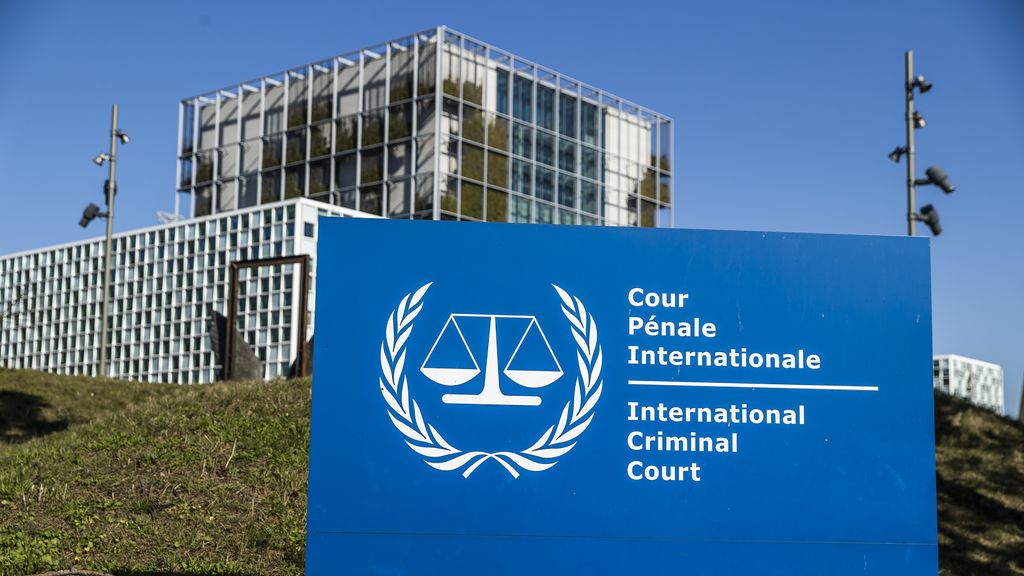The ongoing murder trial of Sarah Wairimu Cohen, widow of the late Dutch businessman Tob Cohen, entered a critical phase this week as the High Court temporarily relocated to the couple’s former residence in Kitisuru, Nairobi. The visit to the crime scene came as three witnesses, including a retired crime scene officer, provided detailed testimony on the events surrounding Cohen’s tragic death.
The case, which has drawn international attention since 2019, is being heard by Justice Diana Kavedza of the Kibera High Court. The prosecution, led by Senior Assistant Directors of Public Prosecutions Vincent Monda and Gikui Gichuhi, maintains that the evidence presented will provide clarity on the circumstances surrounding Cohen’s death, including Wairimu’s alleged involvement.
During the last court session, retired officer Frank Anunda guided the court through the former Cohen residence, highlighting locations and items relevant to the investigation. Of particular interest was the underground water tank where Cohen’s body was discovered on 13 September 2019, more than 50 days after he was reported missing.
The tank, which had been sealed and covered with debris, contained the body wrapped in plastic and other materials. Ananda testified that certain alterations to the tank and its water regulation system were noted during the 2019 investigation and that, upon recent inspection, the scene had changed significantly.
“There were additions to the property that were not there before,” said Anunda, referring to structures and a new perimeter fence. He further noted that the tank appeared to have been tampered with since the original search. The court has since directed that access to the property be restricted and placed under the authority of the Officer Commanding Station (OCS) at Spring Valley, with future entry requiring judicial approval.
Sarah Wairimu was initially arrested in 2019, charged with murder, and later released on bail. However, following a case review, she was re-arrested in January 2025 and has remained in custody since. The Office of the Director of Public Prosecutions (ODPP) opposed a renewed bail application, citing concerns about possible witness interference.
Those concerns were reinforced in court last week when a police officer reported intimidation by Wairimu on multiple occasions. In her ruling, Justice Kavedza denied the bail request, stating that the accused must file an affidavit committing not to approach or intimidate any witness before the court could consider revisiting the issue.
Wairimu’s defence team, led by lawyer Conrad Maloba, argued that she had been on bail for over six years without incident and had cooperated with investigators. They also challenged a state request to bar her from accessing the Kitisuru home, maintaining it remains her matrimonial residence.
The prosecution’s case is expected to rely on a variety of technical evidence, including forensic analysis, DNA testing, autopsy reports, and cybercrime findings. The ODPP has also signalled that expert testimony, including entomological evidence, will be used to help establish a timeline of events.
While the trial is still in its early stages, the testimony presented so far, particularly relating to the condition and control of the crime scene, has raised significant questions.
The court’s decision to allow an on-site session reflects the complexity of the case and the need for scrutiny of the available evidence. As the case continues, attention remains firmly fixed on the courtroom. The unfolding proceedings are not only about the pursuit of justice in one of the country’s most high-profile cases; they also highlight the vital importance of protecting crime scenes, ensuring transparency, and maintaining the integrity of judicial processes.





